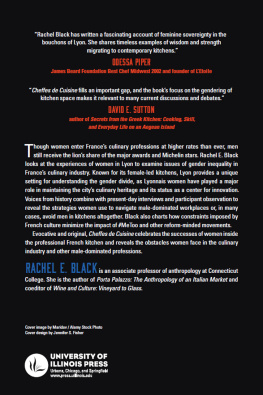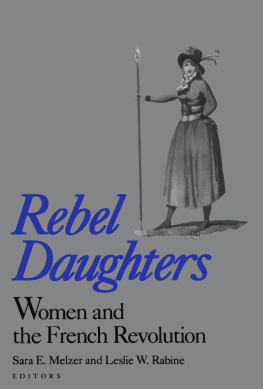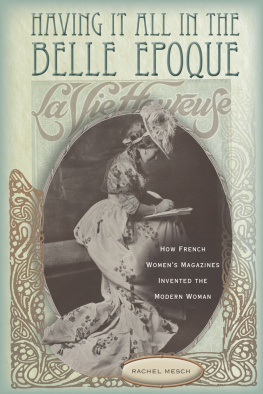Robin Mitchell - Vénus Noire: Black Women and Colonial Fantasies in Nineteenth-Century France
Here you can read online Robin Mitchell - Vénus Noire: Black Women and Colonial Fantasies in Nineteenth-Century France full text of the book (entire story) in english for free. Download pdf and epub, get meaning, cover and reviews about this ebook. City: Athens, year: 2020, publisher: University of Georgia Press, genre: Science / Art. Description of the work, (preface) as well as reviews are available. Best literature library LitArk.com created for fans of good reading and offers a wide selection of genres:
Romance novel
Science fiction
Adventure
Detective
Science
History
Home and family
Prose
Art
Politics
Computer
Non-fiction
Religion
Business
Children
Humor
Choose a favorite category and find really read worthwhile books. Enjoy immersion in the world of imagination, feel the emotions of the characters or learn something new for yourself, make an fascinating discovery.

- Book:Vénus Noire: Black Women and Colonial Fantasies in Nineteenth-Century France
- Author:
- Publisher:University of Georgia Press
- Genre:
- Year:2020
- City:Athens
- Rating:3 / 5
- Favourites:Add to favourites
- Your mark:
Vénus Noire: Black Women and Colonial Fantasies in Nineteenth-Century France: summary, description and annotation
We offer to read an annotation, description, summary or preface (depends on what the author of the book "Vénus Noire: Black Women and Colonial Fantasies in Nineteenth-Century France" wrote himself). If you haven't found the necessary information about the book — write in the comments, we will try to find it.
Even though there were relatively few people of color in postrevolutionary France, images of and discussions about black women in particular appeared repeatedly in a variety of French cultural sectors and social milieus. In Vnus Noire, Robin Mitchell shows how these literary and visual depictions of black women helped to shape the countrys postrevolutionary national identity, particularly in response to the trauma of the French defeat in the Haitian Revolution.
Vnus Noire explores the ramifications of this defeat in examining visual and literary representations of three black women who achieved fame in the years that followed. Sarah Baartmann, popularly known as the Hottentot Venus, represented distorted memories of Haiti in the French imagination, and Mitchell shows how her display, treatment, and representation embodied residual anger harbored by the French. Ourika, a young Senegalese girl brought to live in France by the Marchal Prince de Beauvau, inspired plays, poems, and clothing and jewelry fads, and Mitchell examines how the French appropriated black female identity through these representations while at the same time perpetuating stereotypes of the hypersexual black woman.
Finally, Mitchell shows how demonization of Jeanne Duval, longtime lover of the poet Charles Baudelaire, expressed Frances need to rid itself of black bodies even as images and discourses about these bodies proliferated. The stories of these women, carefully contextualized by Mitchell and put into dialogue with one another, reveal a blind spot about race in French national identity that persists in the postcolonial present.
Robin Mitchell: author's other books
Who wrote Vénus Noire: Black Women and Colonial Fantasies in Nineteenth-Century France? Find out the surname, the name of the author of the book and a list of all author's works by series.










